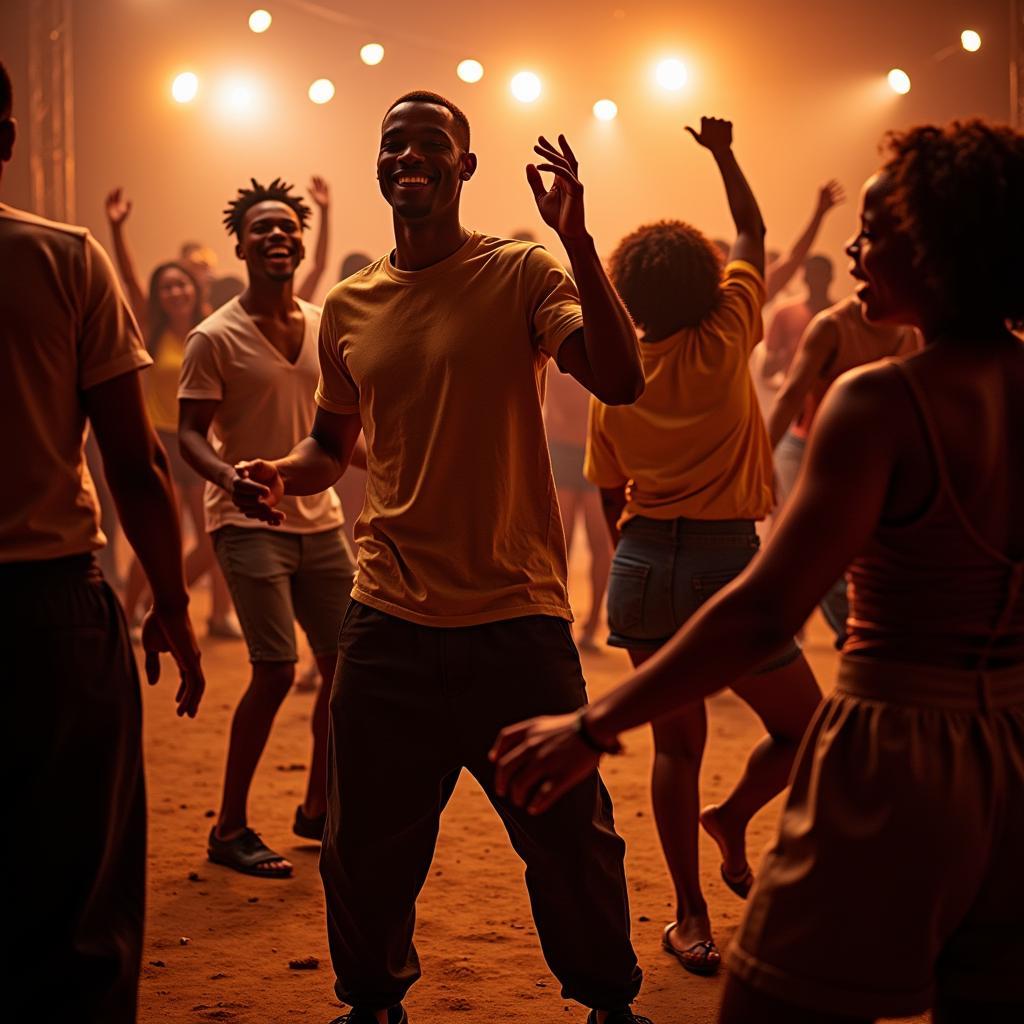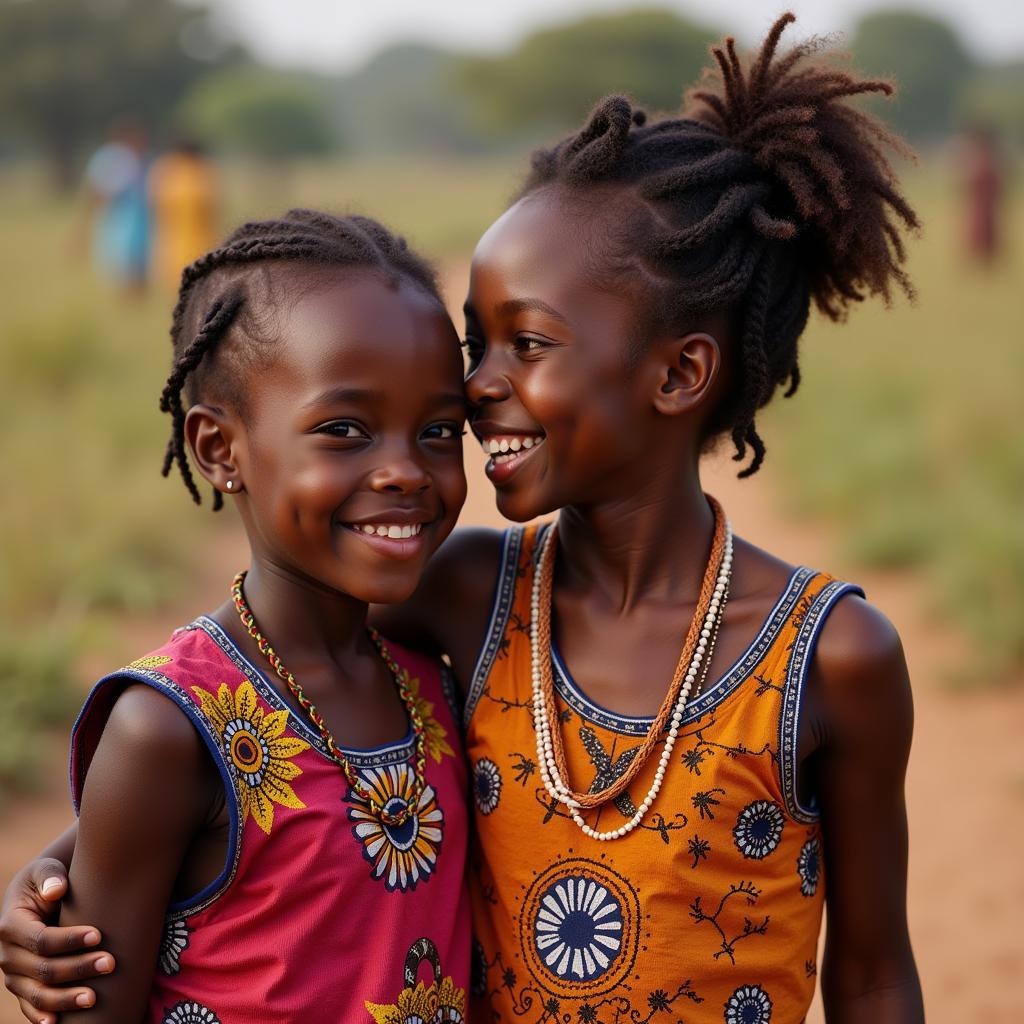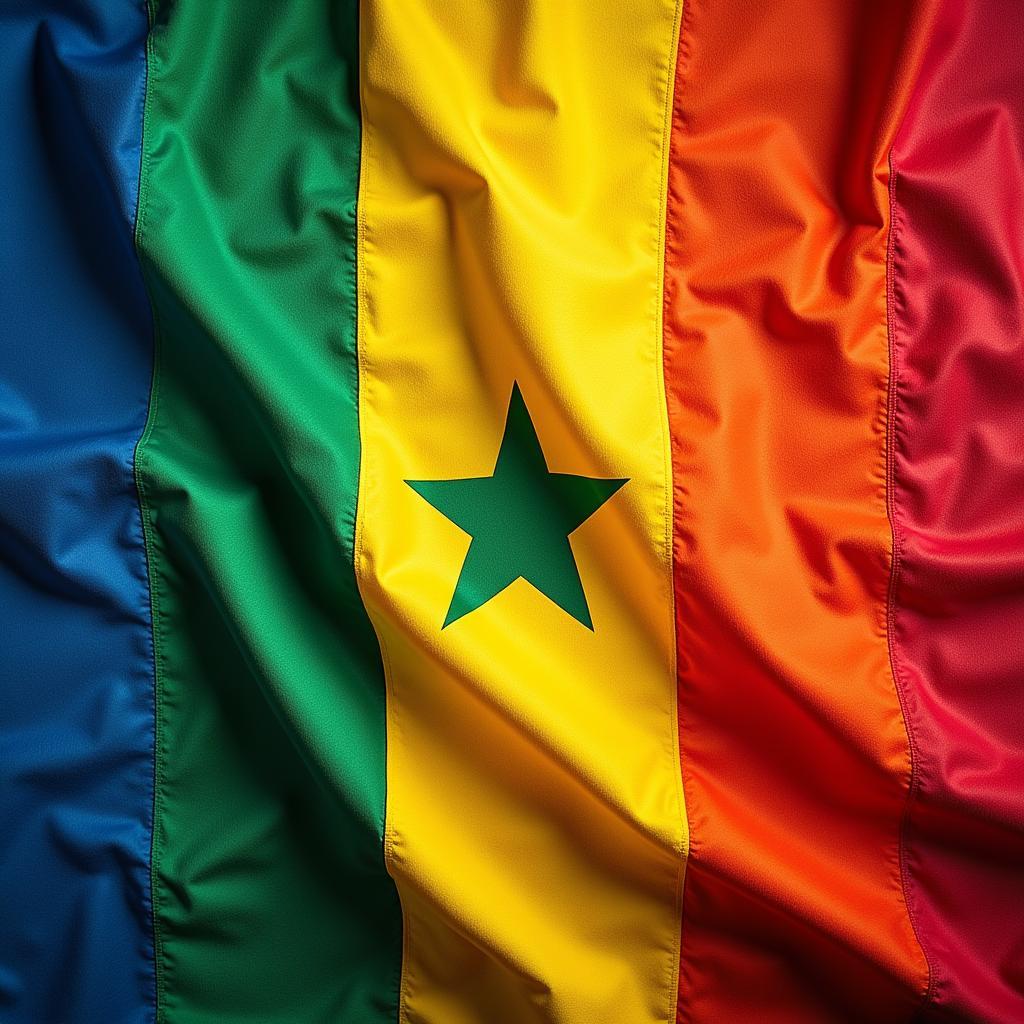The Rhythms of Africa: A Guide to African Dance Festivals
African Dance Festivals are vibrant celebrations of culture, tradition, and the power of movement. They provide a captivating glimpse into the diverse artistic expressions of the continent, offering a unique opportunity to connect with the soul of Africa through the language of dance.
A World of Movement: Exploring the Diversity of African Dance
Across the continent, African dance traditions are as diverse as the landscapes themselves. From the intricate footwork of the Gumboot dance of South Africa to the powerful movements of the Djembe drumming and dance in West Africa, each region boasts a distinct style that reflects its unique cultural heritage.
These dance forms tell stories, honor ancestors, and celebrate life’s milestones. They are often interwoven with music, drumming, and vibrant costumes, creating a mesmerizing spectacle that engages both the senses and the spirit.
What to Expect at an African Dance Festival
An African dance festival is a feast for the eyes and ears. You can expect to witness:
- A showcase of diverse dance traditions: From contemporary fusion to traditional styles, the festivals offer a window into the evolution and adaptability of African dance.
- Live music and drumming: The rhythmic heartbeat of Africa is a fundamental element of dance, and you’ll be immersed in the pulsating rhythms of traditional drums and instruments.
- Vibrant costumes and artistry: The costumes worn at festivals are a testament to the creativity and craftsmanship of African artisans. They often feature bright colors, intricate patterns, and symbolic elements that reflect the traditions of the region.
- Workshops and classes: Many festivals offer workshops and classes, allowing participants to learn basic steps and techniques of various African dance styles.
- A sense of community: African dance festivals are a gathering of people from diverse backgrounds, united by their appreciation for the beauty and power of movement.
“African dance festivals are a reminder that the language of dance transcends borders and cultures, connecting us to a shared human experience.” – Amani Kabiru, renowned dancer and choreographer
Finding the Perfect African Dance Festival
With so many festivals taking place across the continent and around the world, finding the one that aligns with your interests can be exciting. Consider these factors:
- Location: Do you prefer an urban festival with a modern vibe or a rural festival immersed in traditional culture?
- Focus: Some festivals spotlight specific regions or dance styles, while others offer a broader overview of African dance traditions.
- Duration: Festivals vary in length, from weekend events to multi-day extravaganzas.
- Accessibility: Consider travel logistics and accessibility when choosing a festival.
To help you navigate the vast world of African dance festivals, here are some popular examples to consider:
- The Soweto Dance Festival (South Africa): A vibrant celebration of South African dance traditions, featuring workshops, performances, and cultural exhibitions.
- The Festival of the Arts (Lagos, Nigeria): A multidisciplinary festival that includes a range of dance performances, showcasing the diverse artistic landscape of Nigeria.
- The Pan-African Dance Festival (United States): A global gathering of artists and enthusiasts, celebrating the richness and diversity of African dance traditions worldwide.
The Transformative Power of African Dance
Beyond the entertainment value, African dance festivals offer a profound opportunity for personal transformation.
- Embracing the power of movement: African dance encourages self-expression and encourages participants to explore their own physicality and creativity.
- Connecting with culture: Engaging with African dance traditions provides a deeper understanding of the history, values, and social fabric of African cultures.
- Building community: Festivals provide a platform for artists, enthusiasts, and cultural organizations to connect and collaborate, fostering a shared sense of purpose and belonging.
African dance festivals are not just celebrations of movement, they are celebrations of life, heritage, and the transformative power of art.
FAQ
Q: What are some of the most famous African dance styles?
A: Some of the most recognized African dance styles include Gumboot (South Africa), Djembe (West Africa), Kizomba (Angola), Samba (Brazil), Congolese (Congo), and Afrobeat (Nigeria).
Q: How can I learn more about African dance?
A: Many online resources, books, and videos offer a comprehensive overview of African dance traditions. You can also find dance classes and workshops in your local community.
Q: What is the best way to prepare for an African dance festival?
A: Do some research about the festival’s schedule, workshops, and performances. Wear comfortable clothing and shoes that allow for movement. Bring water and snacks to stay hydrated. Most importantly, come with an open mind and a willingness to embrace the vibrant energy of the festival.
Q: Are there any festivals that focus specifically on contemporary African dance?
A: Yes, many festivals, particularly in urban areas, showcase contemporary African dance, which blends traditional elements with modern techniques and themes. Look for festivals that feature fusion dance or contemporary African choreography.
Q: What are some of the most popular African dance festivals around the world?
A: Some of the most well-known festivals include the Soweto Dance Festival (South Africa), Festival of the Arts (Lagos, Nigeria), Pan-African Dance Festival (United States), African Dance Festival (Austin, Texas), Dance Afrique (London, United Kingdom), and Festival d’Arts Africaines (Paris, France).
When it comes to African dance, the possibilities for exploration and cultural immersion are endless. From the pulsating rhythms of the drums to the captivating stories told through movement, African dance festivals provide a unique opportunity to connect with the heart and soul of the continent.


